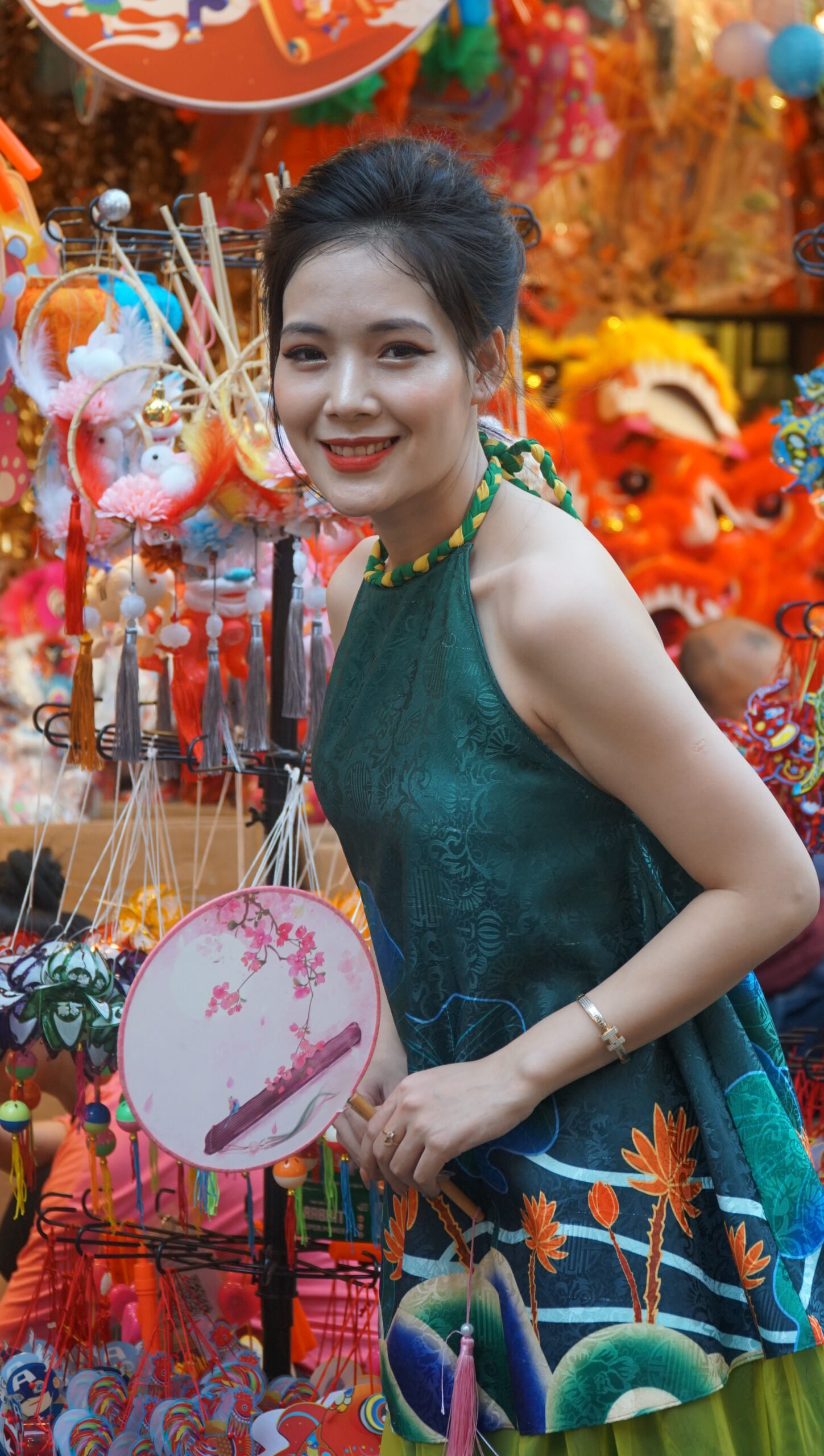How Do Sponsorships And Brand Deals Work On YouTube?
Curious about how sponsorships and brand deals work on YouTube? Well, you’ve come to the right place! In this article, we’ll dive into the world of YouTube sponsorships and brand deals, and explore how content creators can collaborate with brands to create engaging and lucrative partnerships. Whether you’re a YouTube enthusiast or a budding content creator yourself, you’ll discover the ins and outs of these collaborations and gain valuable insights into the business side of the platform.
If you’ve ever wondered how your favorite YouTubers are able to monetize their channels and work with well-known brands, then stay tuned. In this article, we’ll explain the basics of sponsorships and brand deals on YouTube, including how creators connect with brands, negotiate partnerships, and promote products or services to their audiences. From the different types of sponsorships to the potential benefits for both creators and brands, we’ll cover it all. So, whether you’re just curious or thinking about starting your own YouTube channel, this article will give you a comprehensive understanding of how these collaborations function within the YouTube community. Sponsorships and brand deals are an integral part of the YouTube ecosystem, allowing creators to monetize their content and brands to reach a targeted audience. In this article, we will explore the definition of sponsorships and brand deals, their importance on YouTube, and the benefits they offer for creators and brands. We will also delve into the different types of sponsorships and brand deals, how to negotiate them, and how to find success in these collaborations. Additionally, we will address legal and ethical considerations and discuss how to measure the success and effectiveness of these partnerships.
What are sponsorships and brand deals?
Definition of sponsorships
Sponsorships on YouTube refer to collaborations between creators and brands, where the brand provides financial or material support to the creator in exchange for exposure to their audience. This support can come in the form of direct compensation, free products, or services.
Definition of brand deals
Brand deals are partnerships between creators and brands in which the creator promotes the brand or its products/services within their content. This can include sponsored videos, product placements, endorsements, contests, giveaways, and affiliate marketing.
Importance of sponsorships and brand deals on YouTube
Sponsorships and brand deals play a crucial role in the success of YouTubers. Not only do they offer financial opportunities, but they also contribute to the growth and sustainability of a creator’s channel. These collaborations enable brands to tap into the creator’s audience, allowing for targeted marketing and increased brand awareness.
Benefits for creators
Earning potential
One of the biggest benefits for creators is the earning potential that sponsorships and brand deals bring. By partnering with brands, YouTubers can supplement their income and turn their passion for creating content into a sustainable business.
Monetizing content
Sponsorships and brand deals provide creators with the opportunity to monetize their content beyond traditional ad revenue. With sponsorships, creators can earn a fixed fee or commission for promoting a brand or its products/services.
Expanded audience reach
Collaborating with brands can help creators expand their audience reach. Brands often have a large following and existing customer base, which can introduce a creator’s content to new viewers who might not have discovered them otherwise.
Building brand partnerships
Through sponsorships and brand deals, creators have the chance to establish long-term partnerships with brands. By consistently delivering value to these brands, creators can build a strong reputation within the industry and attract more lucrative opportunities.
Benefits for brands
Increasing brand awareness
Sponsorships and brand deals allow brands to increase their visibility and create brand awareness among the creator’s audience. By leveraging the popularity and influence of creators, brands can tap into new markets and potential customers.
Reaching targeted audiences
YouTube creators have niche audiences that align with specific brand demographics. Collaborating with these creators enables brands to reach their target audience directly, ensuring their marketing efforts are more effective and efficient.
Influencer credibility and trust
Creators often have a close relationship with their audience, built on trust and authenticity. By partnering with trusted creators, brands can leverage the credibility and influence of these creators to establish an emotional connection and build trust with their target consumers.
Creative collaborations
Sponsorships and brand deals offer brands the opportunity to collaborate and co-create content with creators. This allows brands to tap into the creativity and unique perspectives of creators, resulting in compelling and engaging content that resonates with the audience.
Types of sponsorships and brand deals
Product placements
Product placements involve the incorporation of a brand’s product or service within a creator’s content. Creators seamlessly integrate the product into their videos, allowing for natural exposure and brand visibility.
Sponsored videos
Sponsored videos are content specifically created and tailored for a brand. Creators often receive compensation for producing and promoting these videos, which can range from dedicated videos reviewing a product/service to branded integration within existing series.
Affiliate marketing
Affiliate marketing involves creators promoting a brand’s products or services through unique tracking links or discount codes. Creators earn a commission for every sale generated through their referral link or code.
Endorsements
Endorsements occur when a creator publicly supports and promotes a brand or its products/services. Creators share their positive experiences and opinions about the brand to their audience.
Contests and giveaways
Contests and giveaways are popular collaborations between creators and brands. Creators can organize giveaways, encouraging their audience to engage with the brand’s products/services and creating excitement and brand loyalty.
Negotiating sponsorships and brand deals
Establishing your worth
When negotiating sponsorships and brand deals, it’s crucial for creators to establish their worth. Factors such as audience size, engagement rate, niche, and previous brand partnerships contribute to a creator’s value. Creators should conduct research and be confident in their audience’s demographics and engagement metrics when entering into negotiations.
Determining deliverables
Creators should clearly define what they can provide to the brand in terms of deliverables. This includes the type of content, the number of videos or posts, the duration of the partnership, and the distribution channels. Clear communication and agreement on these deliverables are essential for a successful collaboration.
Setting realistic expectations
Both creators and brands need to set realistic expectations when entering into a partnership. Creators should be transparent about their content creation process, the level of creative control they have, and any limitations they might have, while brands should clearly articulate their objectives and expectations.
Negotiating fair compensation
Negotiating fair compensation is crucial for both parties. Creators should consider factors such as the scope of work, exclusivity, content rights, and their own worth when determining a fair fee. Brands should consider the creator’s reach, engagement, and the potential return on investment when offering compensation.
Finding sponsorships and brand deals
Agent or manager representation
Creators can seek representation from agents or managers who specialize in talent management and brand collaborations. These professionals can connect creators with suitable brand partnerships, negotiate deals on their behalf, and provide guidance throughout the process.
Brands reaching out directly
Sometimes, brands will reach out directly to creators with sponsorship opportunities. Creators should establish clear guidelines for accepting these offers and ensure the partnership aligns with their content and values.
Influencer marketing platforms
Influencer marketing platforms connect creators with brands looking for collaborations. These platforms provide a marketplace for creators to showcase their content, metrics, and previous brand partnerships, making it easier for brands to discover and connect with suitable creators.
Networks and agencies
YouTube networks and agencies often have established relationships with brands and can help creators secure sponsorships and brand deals. These networks and agencies provide creators with support, resources, and connections to brands within their industry.
Creating successful sponsorships and brand deals
Aligning with your content
The key to creating successful sponsorships and brand deals is aligning the brand with your content and audience. Creators should collaborate with brands that resonate with their niche, values, and content style. Authenticity and a genuine connection between the creator, brand, and audience are crucial for long-term success.
Being transparent with your audience
Transparency is vital when disclosing sponsorship and brand deals to your audience. Creators must clearly and visibly disclose their partnerships, ensuring their audience understands when content is sponsored. This builds trust and credibility with the audience.
Delivering value to the brand
To maintain successful long-term relationships with brands, creators must consistently deliver value. This includes creating high-quality content and ensuring the brand’s message integrates seamlessly within the creator’s content, without compromising authenticity.
Maintaining long-term relationships
Building and maintaining long-term relationships with brands is beneficial for both creators and brands. By consistently delivering value, meeting or exceeding expectations, and being reliable, creators can attract repeat collaborations and secure more lucrative deals.
Legal and ethical considerations
Disclosure and transparency
Creators should adhere to disclosure guidelines and clearly disclose their partnerships to their audience. This includes using phrases such as “This video is sponsored by…” or “This post contains affiliate links” at the beginning or in the description of the content. Transparency ensures that the audience is aware of any potential biases.
FTC guidelines
Creators must comply with the Federal Trade Commission (FTC) guidelines when it comes to sponsored content. The guidelines require creators to disclose their relationships with brands, ensuring transparency and consumer protection.
Protecting your personal brand
Creators should carefully choose the brands they collaborate with to protect their personal brand and reputation. Working with reputable brands that align with the creator’s values and content helps maintain authenticity and trust with the audience.
Measuring success and effectiveness
Engagement metrics
Engagement metrics, such as likes, comments, shares, and views, help measure the success of a sponsorship or brand deal. Creators can analyze these metrics to determine the level of audience engagement, brand exposure, and overall impact.
Conversion rates
Conversion rates measure the number of viewers or users who take a desired action, such as making a purchase or signing up for a service, as a result of the sponsorship or brand deal. Brands can use conversion rates to assess the effectiveness of their partnership with a creator.
Brand lift and sentiment analysis
Brand lift measures the impact of a sponsorship or brand deal on brand metrics, such as brand awareness, perception, and purchase intent. Sentiment analysis analyzes the sentiment of audience comments and feedback to gauge the overall response to the partnership.
Conclusion
Sponsorships and brand deals are an essential aspect of the YouTube ecosystem. For creators, they provide earning potential, expanded reach, and the opportunity to build long-term partnerships. Brands benefit from increased brand awareness, accessing targeted audiences, and creative collaborations. By negotiating fair deals, aligning with their content, and being transparent with their audience, creators can create successful sponsorships that mutually benefit both themselves and the brand.




